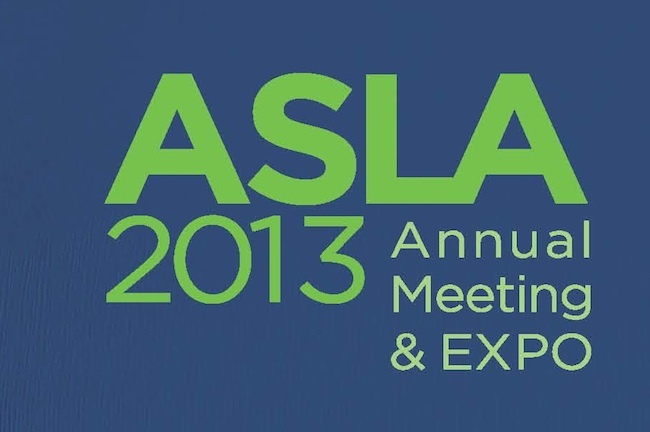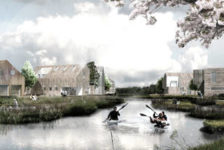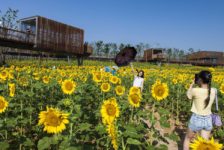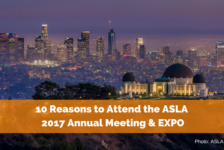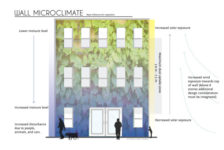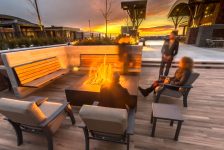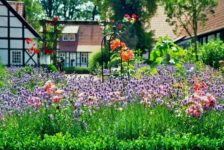In remembrance of Superstorm Sandy’s one year anniversary, ASLA unveiled a collection of talks focusing on greater urban resiliency as scheduled in the upcoming 2013 Annual Meeting. As coastal cities face increasing frequency in extreme weather events, landscape architects are paving the way towards greener, more resilient urban design. Read on for the full list of talks!
From November 15 to 18, the 2013 ASLA conference will gather over 6,000 landscape architecture professionals and students to Boston, MA for an exciting four-day discussion of important issues from sustainability to stormwater management.
This year’s 2013 ASLA Annual Meeting & EXPO will be guided by the theme “Gaining Ground,” a message that reflects landscape architecture’s growing recognition across the world. “By any measure, the landscape architecture profession is gaining ground,” says ASLA President Thomas R. Tavella. “No field has shifted as quickly to address environmental concerns.”
Will you be attending this year’s conference? If you are, comment down below and remember to mark your calendars now for Sunday, November 17! You’re invited to Land8’s biggest Happy Hour Party yet–Boston STYLE!
The list of resiliency-focused ASLA Annual Meeting talks:
Friday, Nov. 15
“Thinking in Systems: How Urban Agriculture and Systems Ecology Can Reshape the City” – As the world population migrates to cities there is an urgent need to rethink urban ecology. We must focus on biodiversity, equality, livable infrastructure and sustainability. Presenters will explain how linking food to urban environments is a critical starting point to resilient cities and communities. 3:30 – 5 p.m.
Saturday, Nov. 16
“Stay or Go: Adapting to Increasing Coastal Flooding” – Ditch or Dutch? Increasing coastal water levels have begun to affect the very idea of shared responsibility. This panel will present the many adaptation options from examples worldwide that include coastal industries and private interests to manage the increasing risks of living on the seaboard. 1:30 – 3 p.m.
Sunday, Nov. 17
“Infrastructure as Urban Landscape: Creating a Resilient NYC” – Traditional urban practice for landscape architects has been designing parks and parkways aslarge public spaces for recreation. With a new emphasis on resilience, landscape architects have a crucial lead role integrating multi-disciplinary teams to create a livable, more sustainable and more exciting New York City. 11 a.m. – 12:30 p.m.
“Thinking about Tomorrow’s Waterfront Parks: Lessons from Hurricane Sandy and Beyond” – Hurricane Sandy’s impact on New York was devastating but not unexpected. The storm revealed vulnerabilities of coastal parks based on outdated risk assessment. Learn how two waterfront parks fared, the storm-design features that proved resilient, those that didn’t and what this means for future parks. 1:30 – 3 p.m.
Monday, Nov. 18
“(R)evolution: Planning for Ecological Change and Resiliency at a Public Garden” – In the face of ecological degradation and climatic uncertainty, landscape architects are well-positioned to improve the ability of environments to withstand violent storms. By examining conservation ethics in the planning of a public garden, this session explores landscape transformation that blends conservation, horticulture and education. 1:30 – 3 p.m.
“Fire, Water and Pixels: Catalyzing Ecological Resilience for Cultural Landscapes” – Cultural landscapes often manifest a complex legacy of human intervention, and, as a result, essential ecological functions often require restoration. This session will showcase the approaches, means and methods used to measure ecological resilience for three cultural landscapes, demonstrating design and action informed by science. 3:30 – 5 p.m.
Published in Blog


